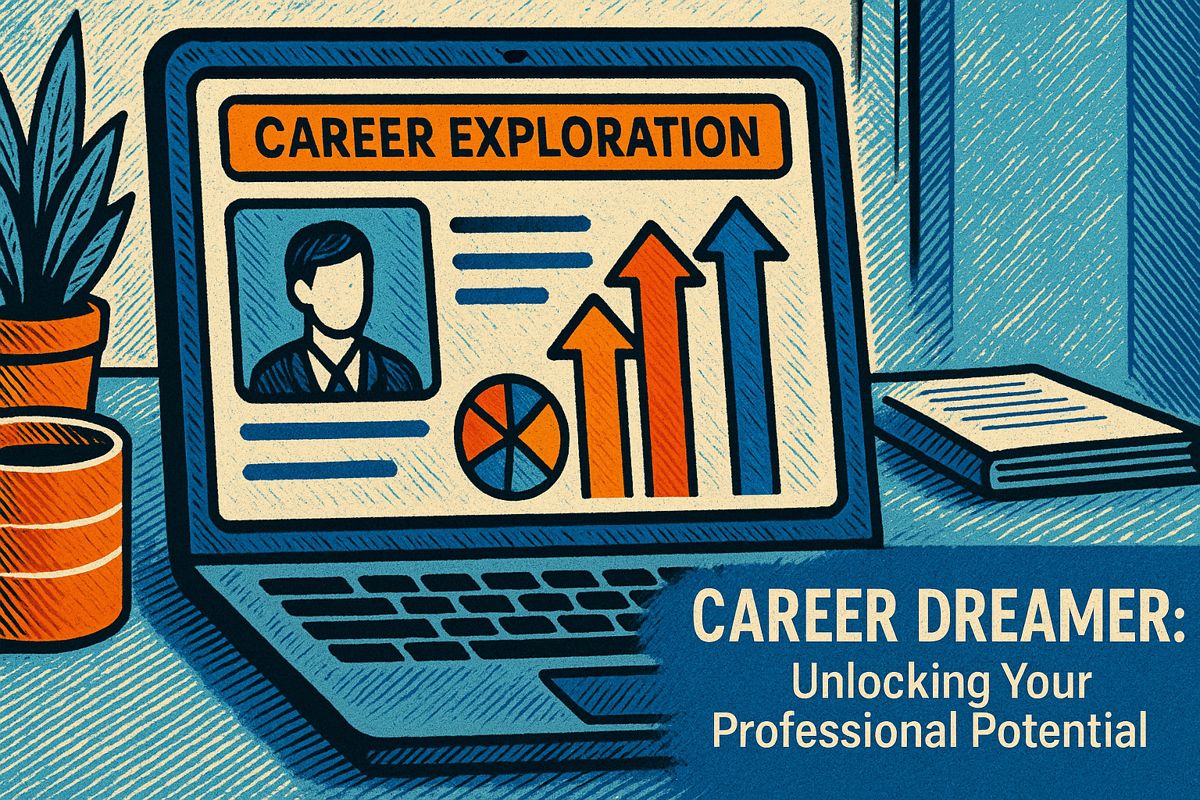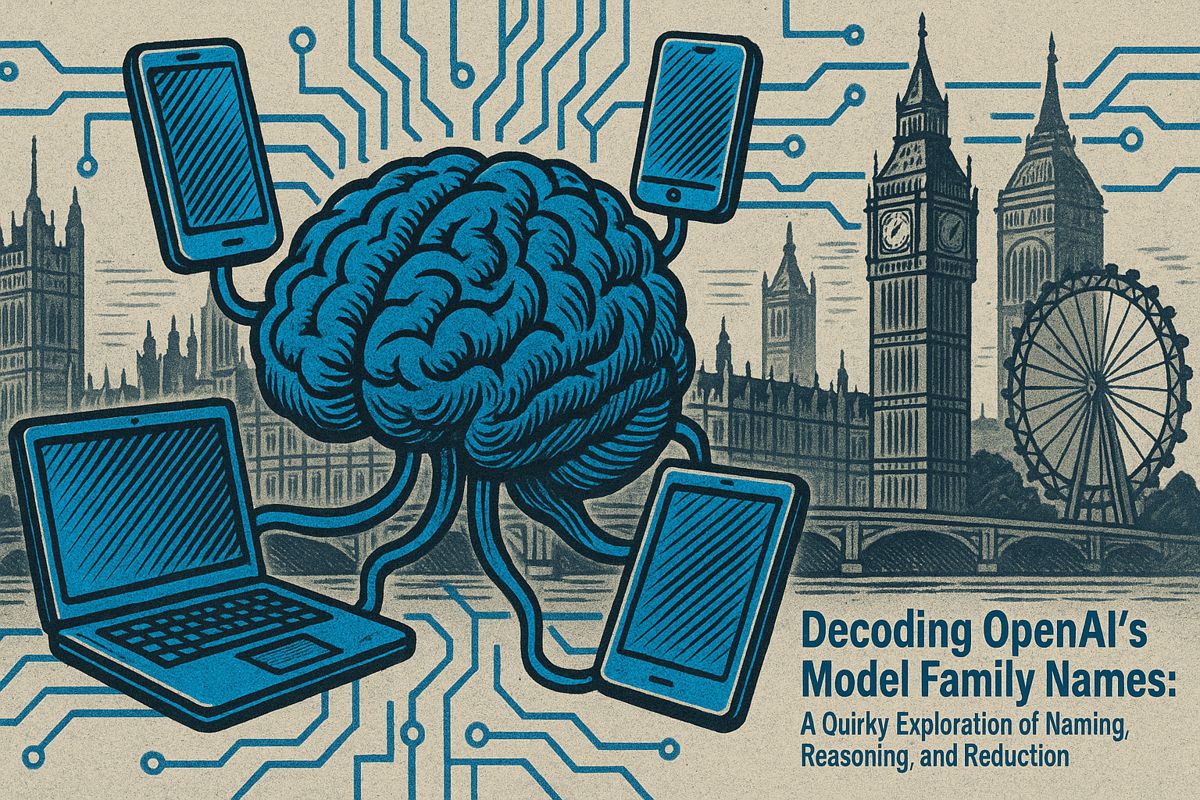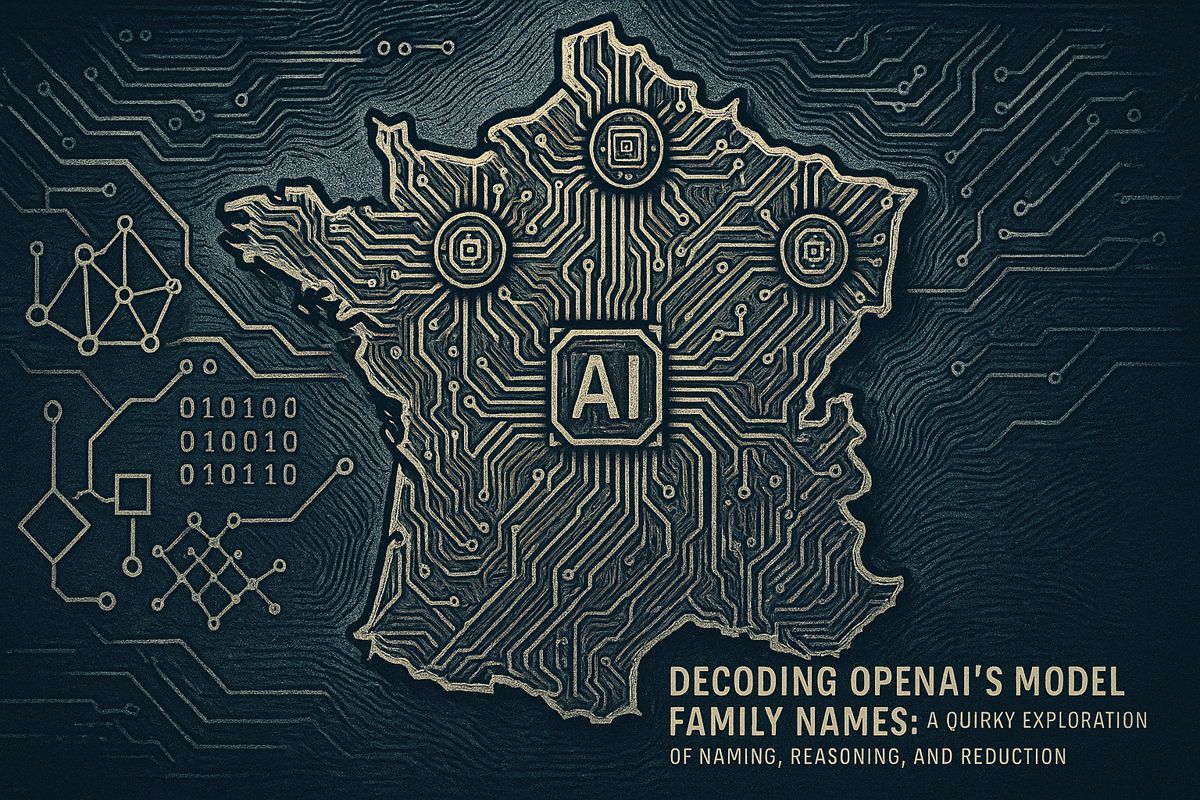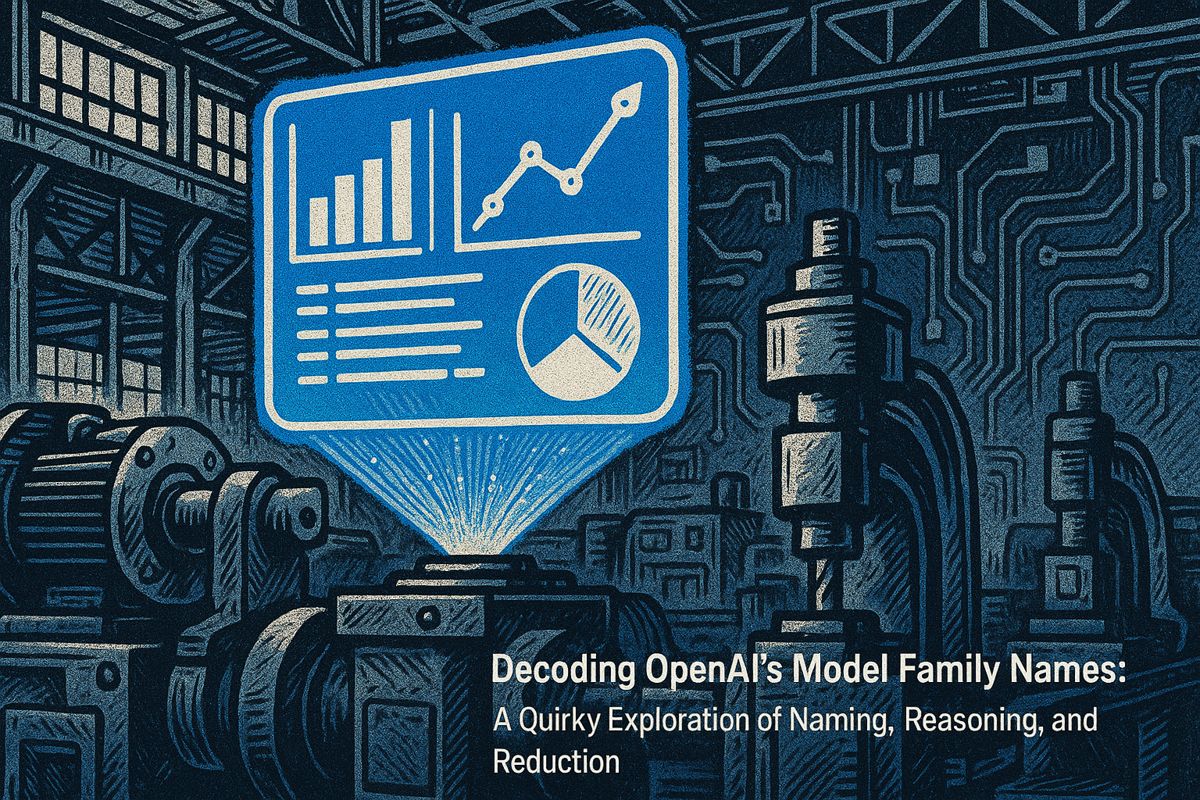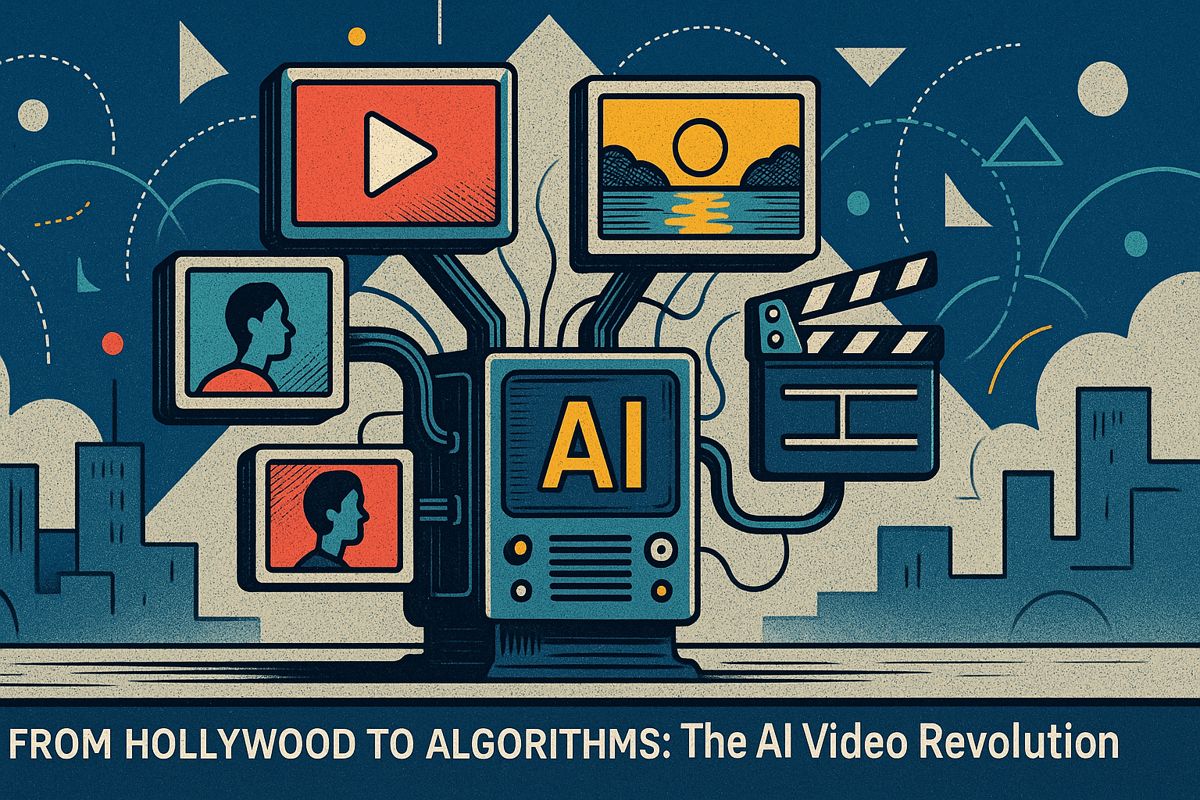Google’s Career Dreamer is a smart AI tool that helps people discover their hidden talents and explore new job opportunities. It digs deep into your personal experience, pulling out skills you might not even realize you have, and matches them with potential career paths. The platform offers personalized recommendations, practical next steps, and a fresh way of looking at your professional potential. Unlike traditional job-hunting tools, Career Dreamer feels more human and empathetic, giving users a confidence boost and a clearer view of their own capabilities. It’s a free resource that turns career exploration into an exciting journey of self-discovery.
What is Google’s Career Dreamer and How Can It Help Your Career?
Google’s Career Dreamer is an AI-powered platform that analyzes your skills, experience, and potential career paths. Using advanced technology, it helps you discover hidden talents, match skills to emerging job opportunities, and create personalized career recommendations with confidence and clarity.
A Tool That Sees the Real You
Every so often, I stumble upon tech that doesn’t just cater to the silicon elite or jargon-spewing insiders. Google’s new Career Dreamer platform caught my eye last week – and honestly, it felt like someone left the executive floor for a moment and remembered the rest of us. The project, a playful but sharply engineered experiment, positions itself as a guide for anyone lost between job titles and actual ambitions. It claims to map your skills, offer fresh career paths, and recommend practical next steps. That’s a tall order. Still, as I read through the announcement, I was catapulted back to my own early-twenties confusion: blank resume, clumsy self-doubt, and a nagging sense my skills were somehow as invisible as neutrinos in a dark lab.
Am I alone in that? Hardly. I recall reading Claire Thorn’s story in the pilot phase – a Navy spouse who spent two decades wrangling chaos at home, unsure any of it counted. Career Dreamer apparently flagged her talent for organization, crisis management, and multitasking, reframing those years as a lively portfolio rather than some mysterious gap. Her admission: she’d never have thought to put those on a resume, but now a recruiter saw gold where she saw, well, laundry.
Curiosity nips at me: Is this finally the tool that lets ordinary folks see themselves clearly, not just as an HR algorithm might, but with a dash of empathy? For once, maybe.
Mapping the Maze: How Career Dreamer Works
Behind the playful interface – think color, not cubicles – Google’s platform digs through the thicket of your experience. The AI, powered by Gemini and pulling hard stats from the U.S. Bureau of Labor Statistics and Lightcast, conducts a kind of forensic analysis on your history. It hunts for skills in the shadows, surfacing patterns you might miss while staring at a Word document. I’m always amazed by how both humans and machines rely on repetition to see meaning. The first time I tried a similar tool, I underestimated my skills, only to learn (embarrassingly late) that side projects counted for more than I thought.
This isn’t just about slotting you into pre-set molds. Career Dreamer matches your less-obvious skills to potential careers—including those that might never have crossed your mind. Suddenly, the world isn’t just a small room with locked doors, but more like a sprawling city at dusk, windows lighting up with possibility. I’ll admit, the first time I saw my own “Career Identity Statement” on the screen, part pitch and part pep talk, I cringed a little. Was that really me? Turns out, yes—and I felt a surprising flash of pride.
Confidence, Clarity, and a Dash of Nerve
Why does this matter right now? The old equation—degree plus luck equals career—is cracking. Employers care more about proof than pedigree, and platforms like LinkedIn often feel like endless, lukewarm coffee. Career Dreamer feels oddly refreshing, like coming inside after a day in the humidity. The platform, free of charge and free of premium traps, sits under the “Grow with Google” umbrella, a rare act of tech largesse that almost makes me suspicious. Almost.
A friend of mine—let’s call him Mike—once said job hunting was like “trying to catch a trout with your bare hands.” Slippery, frustrating, yet oddly exhilarating when you finally get it right. Career Dreamer’s approach feels more like fishing with a clever net: less thrashing, more quiet progress. The metaphors pile up in my mind, but the point stands. Curiosity breeds confidence. And yes, I felt a mild envy reading Kevin Kelly’s take, calling it “a great use of AI.” He’s not wrong.
Is it perfect? Of course not. I still wish I’d had someone force me to write a Career Identity Statement years ago. I wasted time, sure, but at least I learned the obvious: self-knowledge is an evolving experiment, not a static snapshot.
The Bottom Line: Tech That Doesn’t Hide the Human
So what’s the upshot? Career Dreamer, with its AI heart and candy shell, actually invites you to play at the business of your own future. Real job listings in your zip code, skills you’d forgotten, resume drafts that sound like a real person wrote them—it’s all there, free, and refreshingly low on jargon. There’s even an echo of sensory detail in the interface: color, movement, a sense of gentle nudging instead of bureaucratic coldness. You might even hear a quiet sigh of relief, if you listen.
Will it solve every problem? Hardly. Will it make you less anxious about that next interview, or help you see your own messy brilliance a little more clearly? Probably. And isn’t that what these tools should do, in the end?
Try it. Or don’t. But if you’re tired of career advice that tastes like cardboard, Career Dreamer might be the citrus twist you didn’t know you needed…

